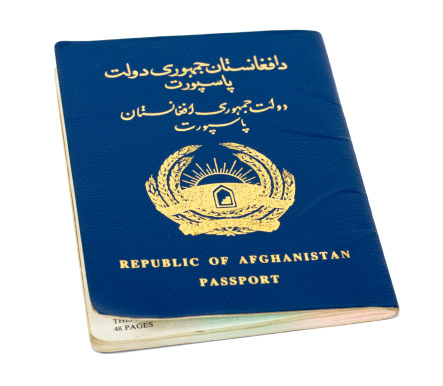Kent law student Claire Splawn explains her role in a groundbreaking asylum case.
Our case involved a claim to the Home Office on behalf of an Afghan atheist client. The client had arrived into the UK at the age of 16 and while he had been brought up a Muslim, had gradually turned to atheism after his arrival.
Our claim entailed evidence arguing that an atheist should be entitled to protection from persecution on the grounds of their belief, just as a religious person is protected. On 6 January 2014, the Home Office granted our client refugee status on the religious grounds that he was atheist.
My involvement in the case included arranging client meetings, review meetings with my supervising solicitor Sheona, researching statutes and case-law that was relevant to the claim, writing up witness statements and eventually, helping to build the 12-page claim we later sent off to the Home Office.

It is difficult to pin down which areas of the case I most enjoyed, as in truth, I was enthralled with it all. Client meetings were insightful and confidence building. I was able to shadow Sheona, watch how she interacted with the client and the kinds of questions she asked. Review meetings were a great place for me to discuss my opinions on the case, and dispel any confusion or uncertainty I may have had regarding elements of the client’s story and our claim on his behalf. Research was particularly fascinating as it allowed me to explore an area of law not simply for the purpose of academia, but in relation to a real-life case. It brought law to life, in a sense.
Witness statements were equally enjoyable to write up, as they helped me develop a keen attention to detail and the importance of knowing your client’s story. Lastly, building the final claim was some of the most difficult yet rewarding work I have ever done.
It was unbelievably challenging, as it required me to expand my writing skills from an academic essay style, to a compelling written compilation of evidence, research and case detail upon which the decision would be made about the next years of our client’s life. No pressure, right? But really, it was worth every moment.
I was told at the beginning of my work at the Law Clinic (and I think this applies generally in the legal career) that in relation to casework, you will win some and lose some. Even if we had lost the case, I would do it all over again. There is an incredible sense of achievement in knowing that you had even the smallest hand in fighting for someone else’s right, to religious beliefs or otherwise. The experience I have gained through the Law Clinic thus far has been invaluable, and I can’t thank everyone enough for the work they put in to fight for those in the local community.
Claire Splawn is a second-year law student at the University of Kent




























While I agree with the decision that was made, does any one else feel that a massive floodgate has been opened?
The principle is right. Unfortunately for all practical reasons this country cannot accommodate, all the people, who would satisfy the aims of that principle. That means we cannot house the world, which really wants to free its self, from some very backward practises. So now what do we do that is practical? Discuss.